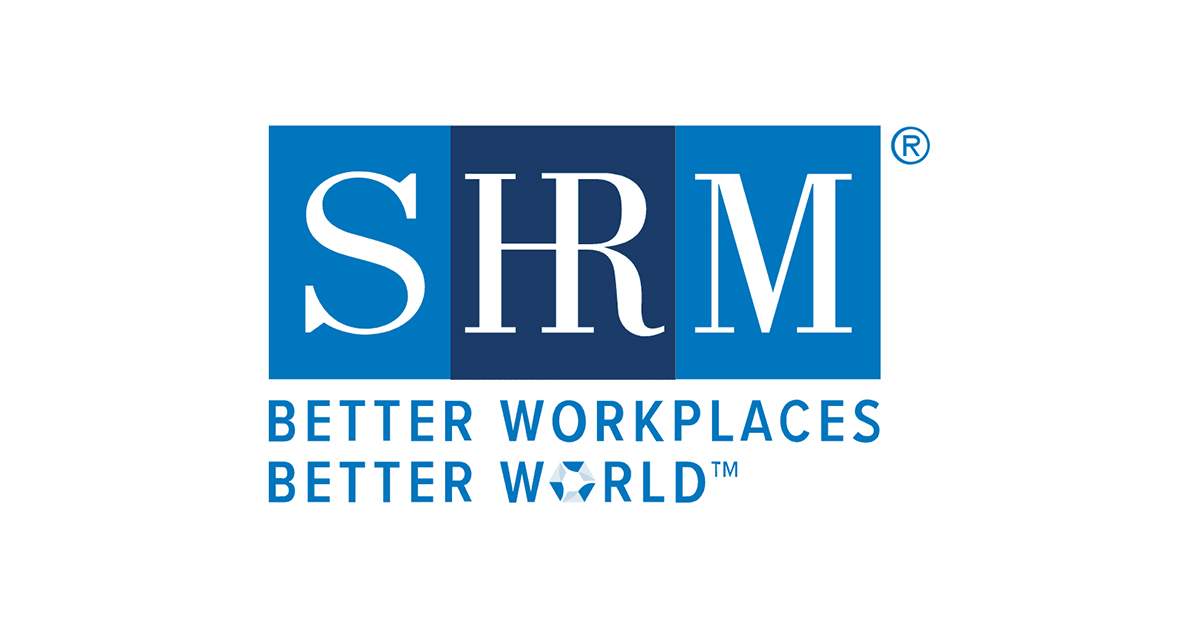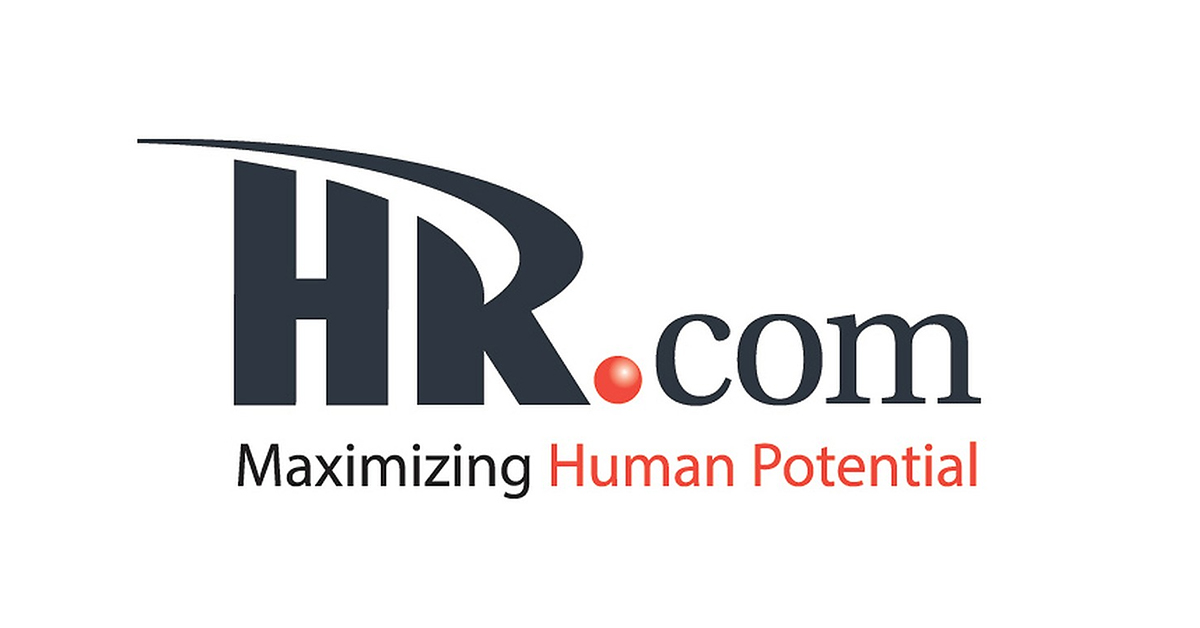Not all interactions between employees happen within the confines of an office building, and as a result not all harassment cases begin with an on-site incident. Harassment by coworkers can occur off premises – think happy hours, volunteer events, holiday parties, on social media or even at home.
So, can employees submit a harassment claim if the incident happened outside of the office? YES.
We’re breaking down how, when and where inappropriate behavior can happen between colleagues outside of work and how to address it.
Online
A great deal of interaction between coworkers now unfolds in the digital sphere, over email, text message, social media, Skype and more. Unfortunately, these tools can be just as rife with inappropriateness as in-person interactions, if not more. Why? Well, think about it. The digital barrier makes it easier to say things you might not in-person. Take away signals like facial expressions, body language or even a physical reaction and it’s almost like speaking without consequence. That is, unless the affected employee comes forward. Even though the offending employee is using their personal accounts, presumably on their own time, their actions are now impacting your employees – and perhaps even the business. Here are a few examples:
- Bullying on social media (cyberbullying)
- Inappropriate photos via text/email
- Excessive phone calls
- Sharing derogatory comments about employees, clients or leadership
Social Event
Happy hours, holiday parties, volunteer events, company picnics. These are all events where harassment or mistreatment can occur between coworkers. While these are typically voluntary events, employees should still be held accountable for their actions and victims should be protected by harassment policies your organization has in place. Ultimately, what happens outside of the office could have detrimental effects on what happens in the office.
Business Trip, Conference or Networking Event
Imagine… your organization sends several employees to a business conference to represent your company. During that time one of your employees acts inappropriately in front of co-workers, vendors, clients and prospects. Perhaps it was a racial slur. Perhaps it was a sexual advancement. Or maybe it was one drink too many that caused boisterous behavior. Whatever the case may be, inappropriate behavior doesn’t always equal harassment, and it doesn’t always happen between two employees. It’s still necessary to address the individuals involved and set clear expectations and consequences going forward.
At Home
As mentioned above, swapping office life for remote work doesn’t eliminate workplace mistreatment. In fact, just the opposite can occur. From inappropriate text messages, aggressiveness over Slack or public humiliation during an all-team Zoom meeting, working from home presents its own set of challenges when it comes to harassment, bullying, discrimination and bias. While there are certain preventative measures employees can take (such as prohibiting use of company electronics for personal reasons), it’s not completely fool-proof.
The Bottom Line
Employers have a duty to address harassment regardless of where it takes place. If you wouldn’t tolerate the behavior in the office, it shouldn’t be tolerated outside of the office, either. This is especially important not only to protect and support employees, but to avoid escalation like turnover or even legal action. In fact, some courts have ruled that any work-related harassment is actionable even if conducted off the job on personal devices. The first step is to set clear expectations for all employees. i.e. establish clear policies to protect employees from harassment. But most importantly, if an employee comes to you with a complaint, listen carefully, take it seriously, and investigate the situation quickly and thoroughly.
How Speakfully Can Help
Transitioning to remote work in 2020 has changed the way companies operate as we know it. In particular, how employees communicate and access one another. No longer can an employee knock on the door of their manager to chat, or swing by HR during a lunch break. So, if you thought it was difficult for employees to come forward before, working from home definitely hasn’t made it easier! That’s where Speakfully comes in. We make it easy for employees to speak up without having to schedule a meeting or stress about uncomfortable confrontations. Instead, our platform allows employees to safely and privately voice workplace concerns online, and the information is visible to HR and leadership in real-time. That means you have visibility into the type of behavior taking place in your organization before receiving a formal complaint.



